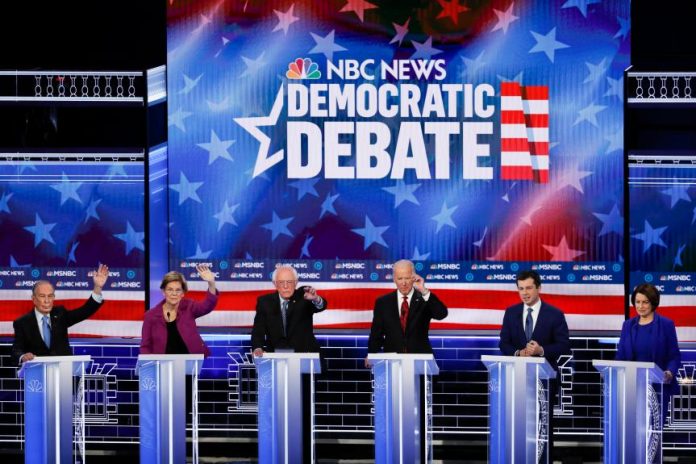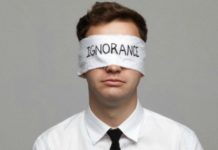As is normal after most political election debates, every candidate will claim victory and last night’s debate is no different. What we do know for a fact is that Bernie Sanders continues to lead in the national polls the following morning after this debate. A new wrinkle in the DNC debates is Michael Bloomberg who enters the race as a newcomer who sat out the Iowa caucus debacle and has already spent hundreds of millions on political advertising to earn a seat at the table. Given his newcomer status, it is not surprising that all five current Democratic candidates came out focusing their attacks on Bloomberg over a wide range of topics from issues of sexual harassment at companies he owns to accusations of attempting to “buy out” the nomination. Bloomberg struggled to hit back at the gang-style beat-down he was taking but focused his few attacks on Sanders.
If you believe in polls, this morning after the Democratic debates every single one of the Democratic candidates will beat Donald Trump in the general election with Joe Biden polling the strongest against Trump (according to a Marist poll). Not sure if polls have any relevance anymore after being proven to be wrong every single time even before the 2016 surprise win by Trump.
On an interesting side-note, viewership ratings for the DNC debates are at an all-time low. An estimated 24 million viewers watched the first debate of the 2016 election cycle to now in 2020 cycle, only 6.6 million viewers watched the debate in Georgia (according to Nielson’s ratings). With the sudden burst of fireworks surrounding Bloomberg, this may increase viewership interest but unlikely to sway too many votes. Any increase in viewership will likely be for entertainment purposes similar to why people watch “professional” wrestling on television. Everyone has a favorite wrestler, whether a “good guy” or a bad one who they want to see beat up their opponent.
One interpretation of the state of field of DNC candidates is this is the ultimate end result of their strategy at “intersectionality”. Intersectionality is the idea that you can become a larger force by bringing a wide and disparate group of people together around one or two central themes. While the natural state of these various groups may be at odds with one another, by focusing them around one idea (i.e. Trump hate), you can capture a larger voting block. However, in reality this approach may also result in a break-down of party cohesiveness when politicians try to pander to the pet issues of their different constituents (i.e. socialists, illegal immigrants, blue-collar traditionalists, etc.). Intersectionality will also likely congeal the opposition who opposed to the many far-flung and extremist ideologies now part of the DNC.
In the grand scheme of things, the debates at this stage don’t really mean much. Everyone knows what the candidates look and sound like along with their positions. Even newcomer Bloomberg is a known quantity due to being the former mayor of New York and had plenty of press coverage in the past around his controversial and extreme views; from his views on gun control, what size sodas people should be allowed to buy, to his support of the practice of “redlining” poor communities and targeting minorities for extra police scrutiny.
The Democratic field is down to one billionaire (Tom Steyer will likely drop out), four millionaires and a millennial (Pete Buttigieg). Billionaire Bloomberg will likely continue to outspend all other candidates combined in the last legs of the primaries. Sanders, the millionaire will likely continue to talk about why rich people are evil and why everyone should be equal (except for himself and his three houses). Warren will continue to try to explain how she will make everyone equal except that she is not socialist and Buttigieg will talk about how he and his gay lover will adopt children to build the first family when he is elected to the White House. Biden and Klobuchar will continue to struggle to explain why anyone should care about their candidacy.
For those who care about entertainment value of the Democratic primaries, there is now some hope for some action with the billionaire autocrat Bloomberg entering the race.
























